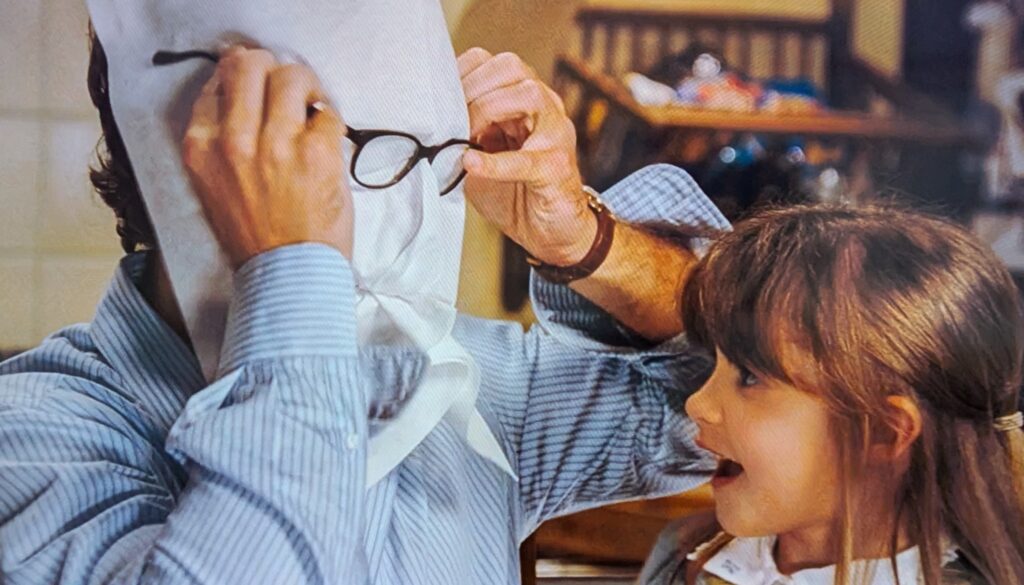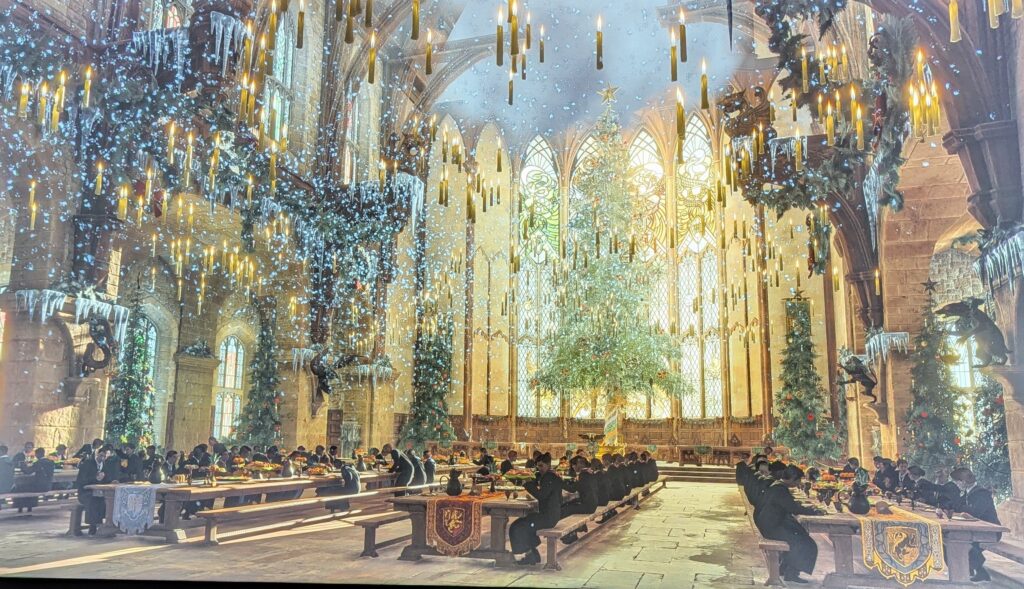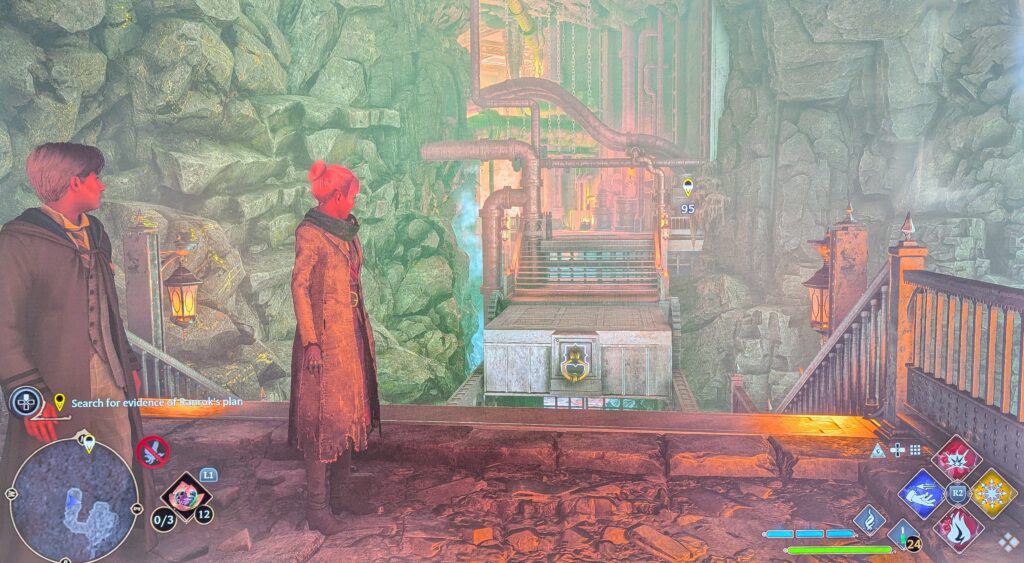In Season One we learn that Shady Sands, a post-apocalypse, thriving community, is nuked by Hank. He wants only his controlled vaults, 31-33, to lead the world. Anyone not beholding to middle management should be stopped.
ONE
Episode Two of Season Two opens with the healthy Shady Sands. Boy Max lives here. His father invents a water purifier. The radiated water everyone’s been forced to accommodate is clean. Hope pervades the settlement.
A caravan man and his cart enter town. He robotically repeats the same phrase. Blood coming from his eyes, the man collapses in the center of town. People surround him, trying to help. When he curls over, the mind control device implanted at the base of his neck becomes visible. Max’s father quickly removes the tarp on the caravan cart. Underneath is a bomb.
(It’s an enlarged mini nuke design from the games with a Pip Boy interface. YAY!)
Joseph sends Max running for home and tries to dismantle the bomb’s timer. Closeup of the smiling Vault Boy as the Pip Boy screen informs him that by stopping the countdown Joseph has activated the fail safe. He runs.
Continue reading “Fallout: The Golden Rule”

